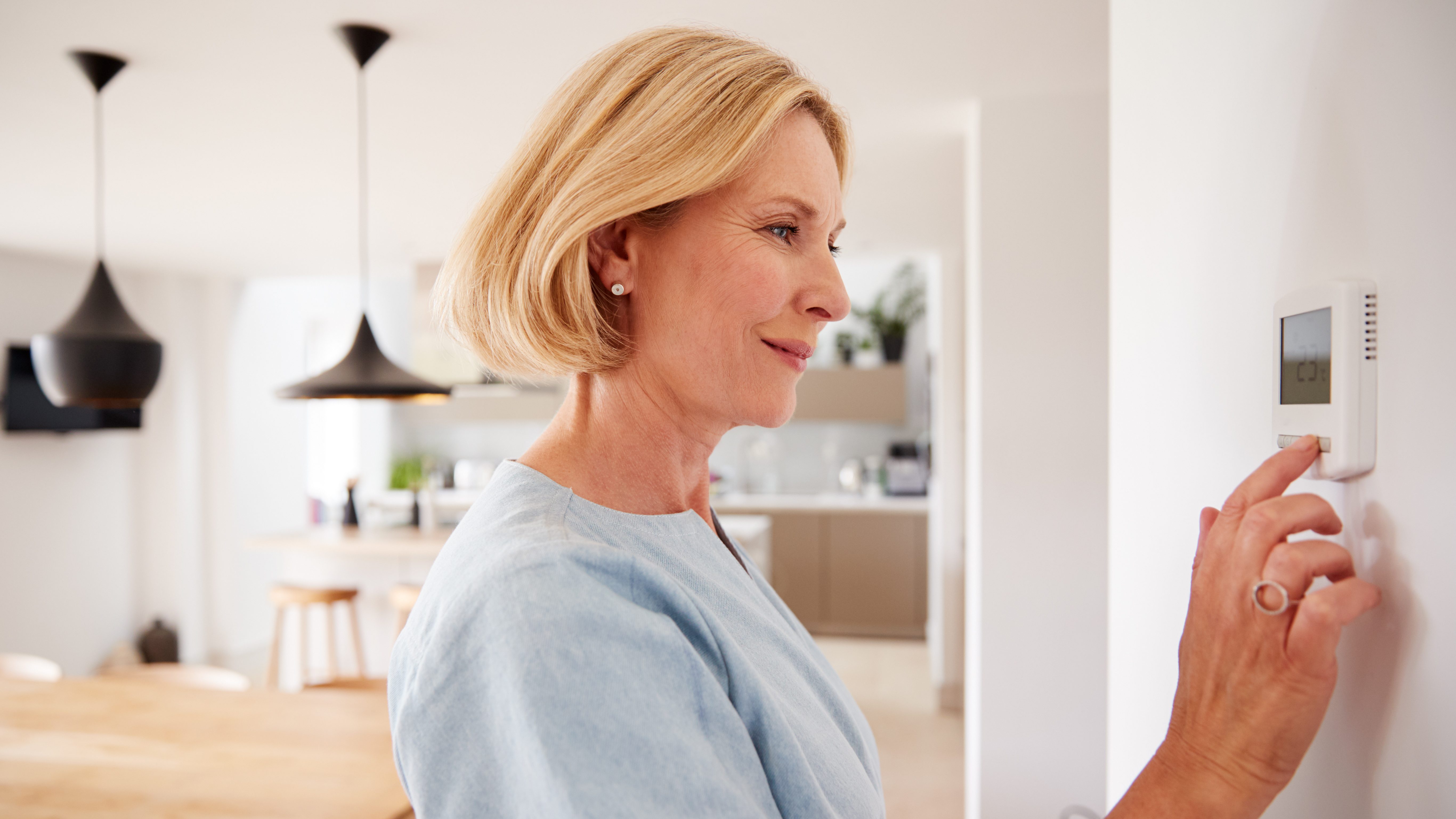Tech powerhouses Google and Apple are teaming up to develop software that would alert people if they've come into contact with someone who has tested positive for COVID-19.
The virus-tracing platform will connect iPhone and Android users via Bluetooth to an app managed by public health officials.
So let's break down what that means for your privacy. If someone tests positive for COVID-19 and opts to share that information on the app, other users will be notified if they've come in close proximity with that person. People can opt out if they wish to keep their information private.
Say you meet your neighbor outside for a short conversation. You later feel feverish and test positive for COVID-19 and willingly enter that information into the app.
If your neighbor also has the app, Bluetooth technology in your phones will record that you both have been in close proximity with each other and then anonymously share that with broadcast beacons. Your neighbor will then be alerted of possible exposure to someone with the virus but it will not share your identity with them.
This raises concerns with privacy activists because the two companies could potentially track roughly three billion people worldwide.
Jennifer Granick of the American Civil Liberties Union said, "People will only trust these systems if they protect privacy, remain voluntary, and store data on an individual's device, not a centralized repository. ... We will remain vigilant moving forward to make sure any contact tracing app remains voluntary and decentralized."
Some other tech companies, governments and research organizations have developed their own versions of contact-tracing technology. Numerous countries around the world have tried to implement this strategy but have run into privacy and connectivity obstacles. Google and Apple hope their software will resolve these issues and help curb the spread of the coronavirus.










